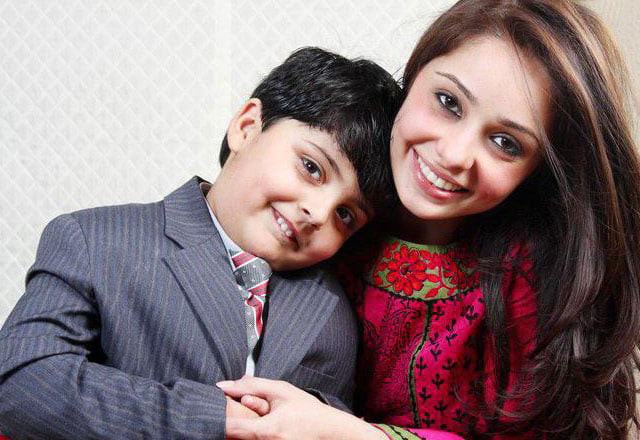Working moms readily accepted now: Study
Researchers were surprised to also find a growing minority of millennials who hold more patriarchal views of marriage

Researchers were surprised to also find a growing minority of millennials who hold more patriarchal views of marriage.
Researchers analysed data from nearly 600,000 respondents from two nationally representative surveys - one of US 12th graders and the other of adults - taken between 1976 and 2013.
The goal was to understand how attitudes towards women's work and family roles have changed in the US since the 1970s. They found that millennials are significantly more accepting of working mothers than previous generations were at the same age.
Read: Nutrition: ‘Healthy babies for a healthy nation’
Only 22 per cent of 12th graders in the 2010s believed that a pre-school aged child would suffer if their mother worked, down from 34 per cent in the 1990s and 59 per cent in the 1970s.
"This goes against the popular belief that millennials want to 'turn back the clock', or that they are less supportive of working moms because their own mothers worked. Instead they are more supportive," said lead author Jean Twenge, a psychology professor at San Diego State University.
It's not just young people who are more accepting of mothers returning to work. A similar trend appeared among adults. In 1977, 68 per cent of US adults surveyed believed "a preschool child is likely to suffer if his or her mother works", compared to 42 per cent in 1998 and 35 per cent in 2012.
"In recent years, Americans have become much more supportive of men and women holding the same roles and responsibilities in the workplace as well as in child-rearing," said lead researcher Kristin Donnelly.
Read: ‘Healthy mothers foster a heathy society’
"These results suggest a convergence onto a common gender role for both genders as equal parts provider and caretaker, flexibly switching between the two without regard for traditionally gendered conceptions of duty," Donnelly said.
"This suggests a growing gender equality and more acceptance of others' choices. Both are consistent with a culture placing more emphasis on individualism, or more focus on the self and less on social rules," Twenge added.
Researchers were surprised to also find a growing minority of millennials who hold more patriarchal views of marriage. Twenty-seven percent of 12th graders in 1995-1996 agreed that it is best for the man to work and the woman to take care of the family, compared to 32 per cent in 2010-2013.



















COMMENTS
Comments are moderated and generally will be posted if they are on-topic and not abusive.
For more information, please see our Comments FAQ